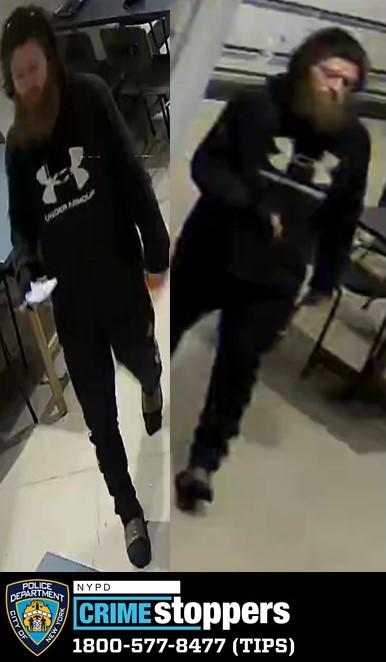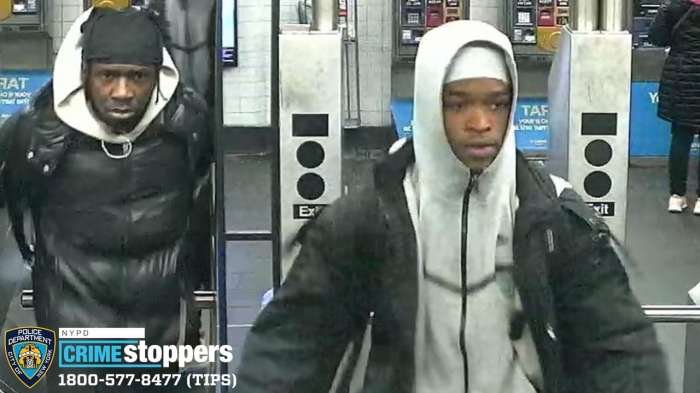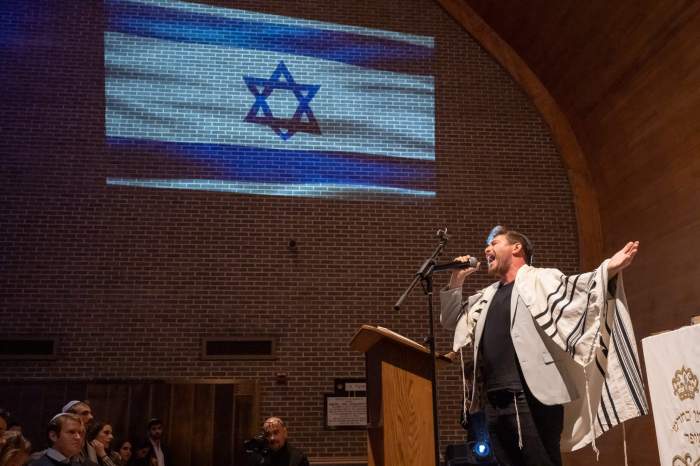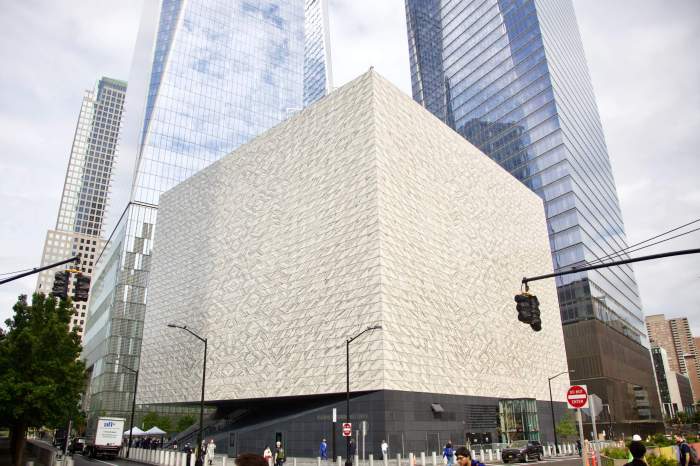Like far too many other self-sacrificing men and women who searched for bodies at the World Trade Center site in 2001 and 2002, Police Officer Cesar Borja, 52, developed an illness that almost certainly was related to the toxic chemicals released into the air as a result of the collapse of the Twin Towers. The day before, Ceasar Borja, 21, the officer’s son, came to the site asking the president and Congress for money to provide health care for his father and thousands of others who are suffering because of the attack. He was in Washington lobbying with Sen. Hillary Clinton when he learned of his father’s death.
Our thoughts and condolences go out to the Borja family.
Clinton, U.S. Rep. Jerrold Nadler and others in Congress are pushing for $1.9 billion to continue a health program for 9/11 recovery workers. They also have a bill that would provide Medicare coverage to workers and residents who can demonstrate health damage related to the attack.
It is essential both bills are passed. Medicare, one of the largest and most efficient programs in the history of government, should be able to easily absorb the infinitesimal increase in the number of people who would be added because of the bill.
As the New York delegation tries to win support from the White House and in Congress, we assume it will be much easier to convince naysayers to go along with health care for police officers, firefighters and other recovery workers because of natural and understandable sympathy.
We think health money for residents and office workers affected by the attack will be a much harder sell. Somewhere down the road there may be a hard-to-resist temptation to compromise and cut residents and office workers out of the bill in order to get it passed. Clinton, Nadler and the other co-sponsors should resist this temptation and make sure no one is sacrificed.
As Nadler told us a few weeks ago, one of the obstacles to passage will be the level of proof needed to receive the benefits. Whether you are talking about a firefighter who breathed the air from the toxic fires 12 hours a day for months or a Downtown family that to this day has toxic chemicals in hidden areas of their apartment, it is difficult to prove the cause of any respiratory ailments with medical certainty. Autopsies may be helpful in terms of proof, but are of course useless in those cases because you can’t provide medical care retroactively.
Congress is right to be concerned about evidence. A program that is so lenient that almost any New Yorker who develops certain ailments or cancers can finagle a way in would be a misuse of public money and unfair to most Americans, who either have no health insurance or struggle to pay for it. But a program that excluded residents and workers who likely have health problems because of the attack would be equally unacceptable. The proponents of the bill should work now to draft acceptable language on evidence and eligibility.
There are more than 2,749 victims of the attack Downtown. Just because some don’t know it yet does not mean they can be ignored when they discover the unfortunate truth.

















